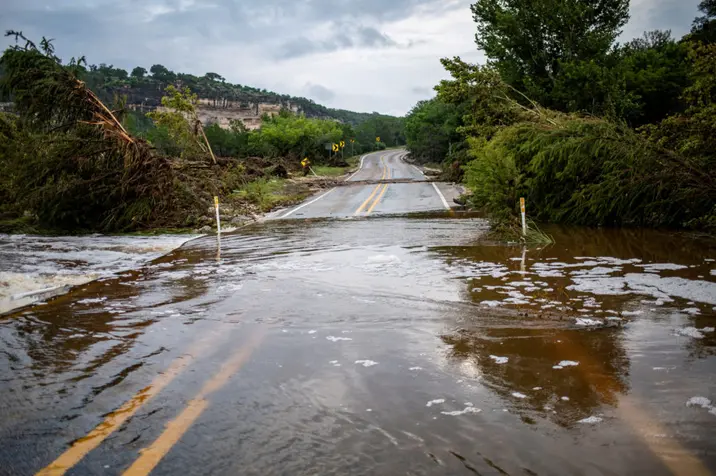T4K3.news
Pakistan floods prompt warning system scrutiny
Monsoon floods trigger criticism of early alerts and relief efforts in Khyber Pakhtunkhwa and Indian controlled Kashmir.
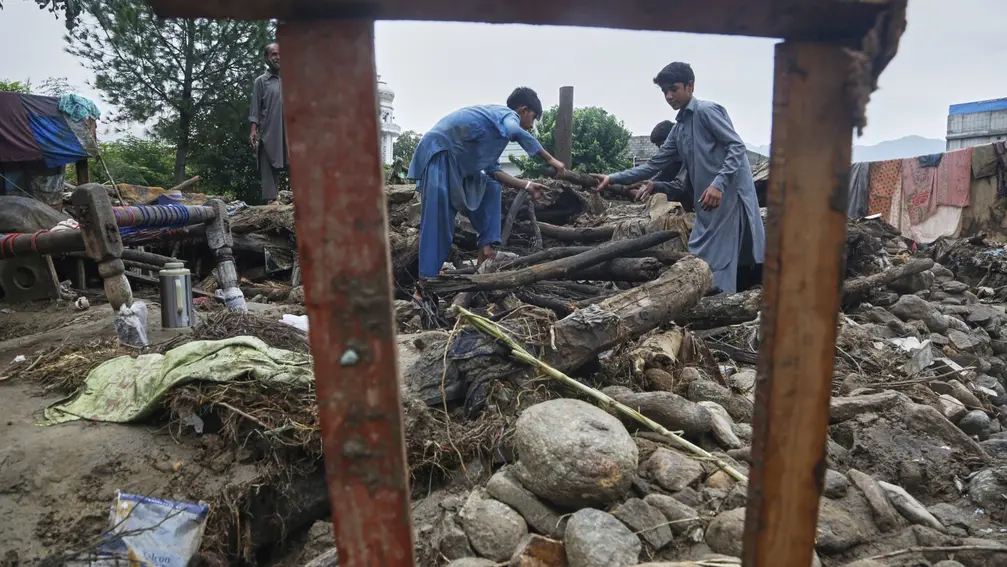
Torrential rains trigger further flash floods in two villages in Indian controlled Kashmir and in Pakistan’s Buner district, drawing scrutiny of warning systems and relief efforts.
Pakistan defends flood response after hundreds killed
Torrential rains triggered flash floods in Kathua district of Indian controlled Kashmir, killing seven and injuring five overnight. In nearby Kishtwar district, rescue teams continue searching in the village of Chositi after floods during a Hindu pilgrimage last week left about 60 dead, 150 injured and 300 rescued. In Pakistan’s Buner district, authorities reported 54 bodies recovered as crews clear rocks and mud while many residents remain missing and roads are damaged.
Authorities say the monsoon has been unusually heavy this year, with higher than normal rainfall since late June and more than 600 people killed in Pakistan this season. Officials warn of more heavy rain and possible landslides through the coming days as rescue work continues and roads slowly reopen in some villages.
Key Takeaways
"Survivors escaped with nothing."
Schoolteacher in Pir Baba on immediate aftermath
"If people had been informed earlier, lives could have been saved and residents could have moved to safer places."
Mohammad Iqbal on warning gaps
"Pakistan is experiencing shifting weather patterns because of climate change."
Lt. Gen. Inam Haider on causes
"There was no timely warning broadcast from mosque loudspeakers."
Mohammad Iqbal on communication gaps
Officials defend the response but acknowledge gaps in early warnings for sudden cloudbursts. Residents describe the pain of losing homes and loved ones and question whether alerts reached remote areas in time. The episode underscores how climate change is widening the pace and reach of extreme weather in South Asia, outpacing traditional warning networks and complicating relief logistics in rugged terrain. The crisis also tests public trust in government agencies responsible for safety, a dynamic that could influence policy debates on disaster funding and climate adaptation.
Highlights
- Survivors escaped with nothing
- If people had been informed earlier lives could have been saved
- There was no timely warning broadcast from mosque loudspeakers
- Pakistan is experiencing shifting weather patterns because of climate change
Political backlash over flood warnings
Residents and officials question whether warnings were timely or adequate, risking public trust and inflaming political tensions as climate disasters rise.
Disaster plans must move faster than the climate before more lives are lost.
Enjoyed this? Let your friends know!
Related News
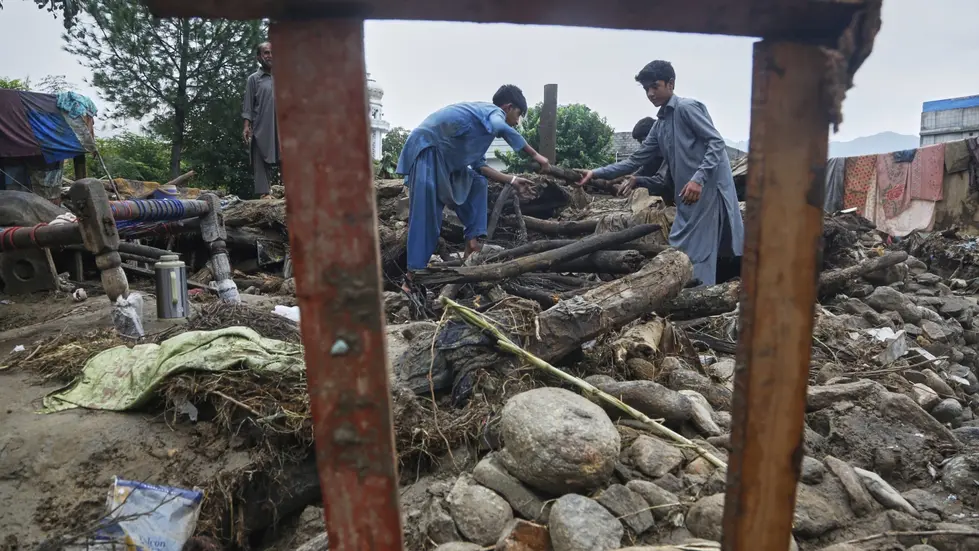
Pakistan flood toll and response under scrutiny
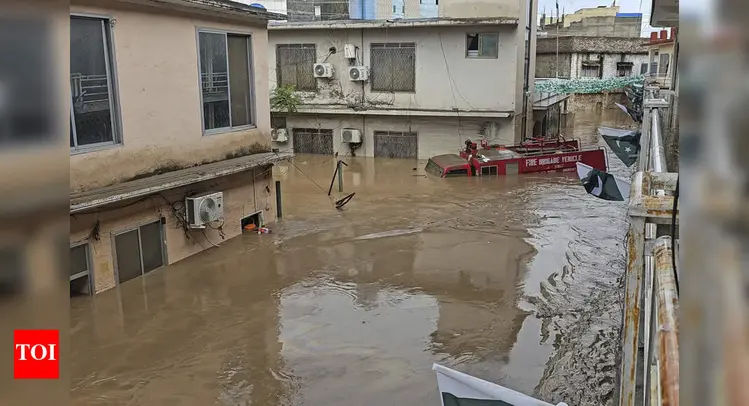
Monsoon floods in Pakistan

Pakistan Floods Toll Rises
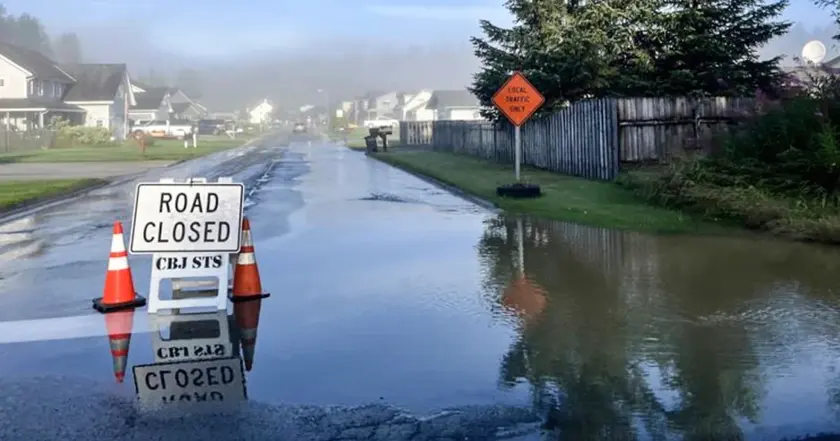
Glacial barriers in Juneau curb floods
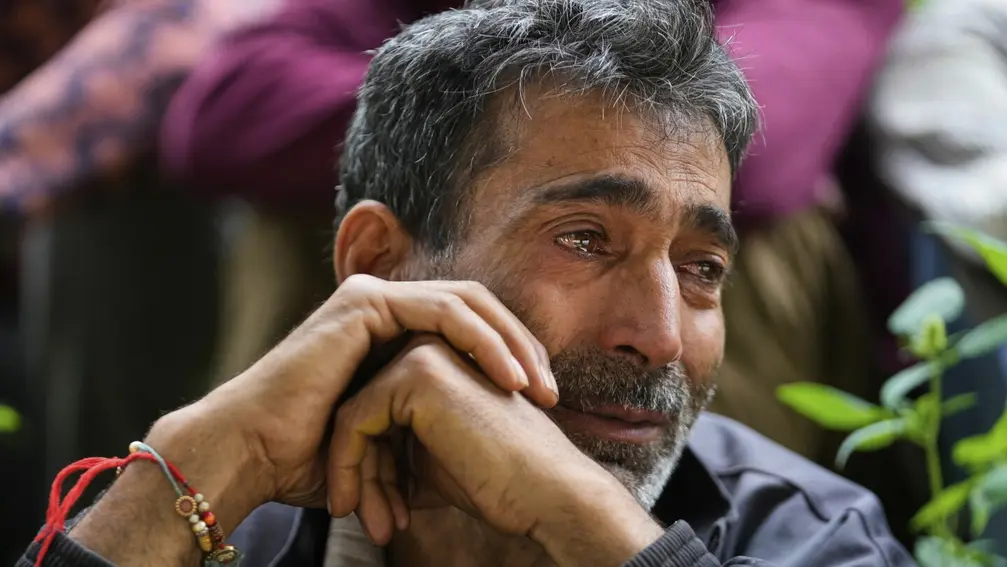
Cloudbursts test resilience in South Asia
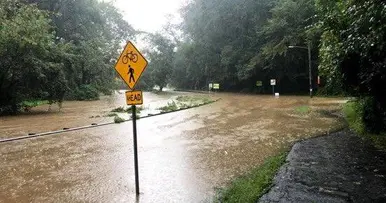
Montgomery County experiences over 100 rescue calls during flash floods
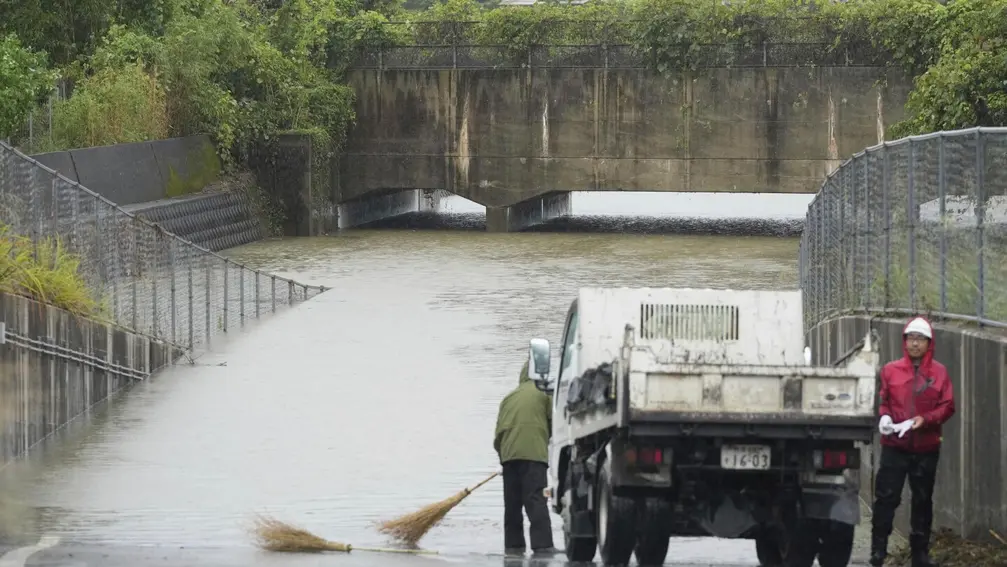
Kyushu floods prompt widespread evacuations
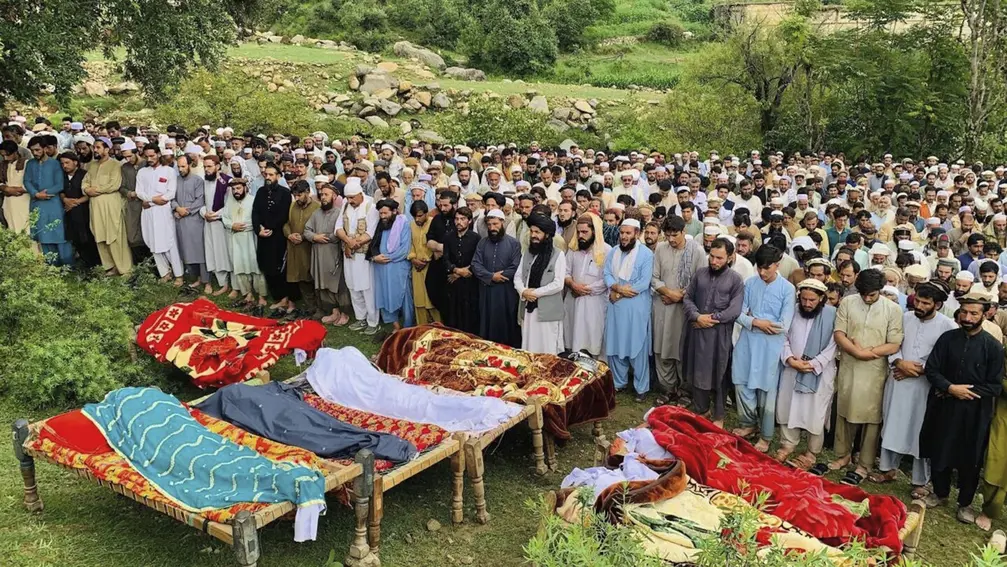
Floods kill over 200 in India Pakistan
